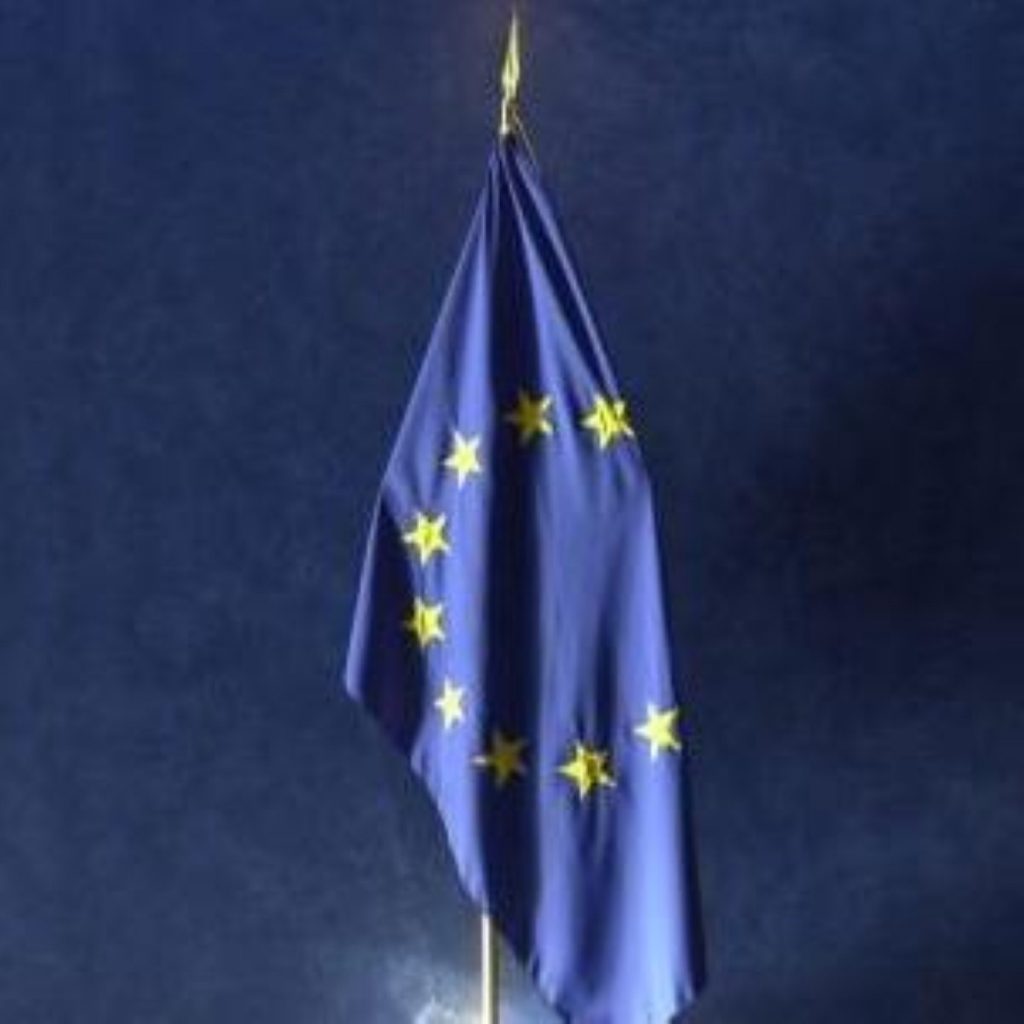UK reflects on French ‘non’
Politicians of all persuasions are now looking to an uncertain future after France voted against the EU Constitution.
And with opinion polls indicating that the Dutch are also likely to reject the constitution on Wednesday, Europe faces the possibility of two of its founding members rejecting the treaty.
Prime Minister Tony Blair has said it is too early to say whether the UK’s referendum will be cancelled, but said that if a treaty was still in existence the UK would get a say.
Speaking from Italy while on holiday, Mr Blair said that the French rejection did suggest that there were profound questions to be answered about the future direction of Europe.


Mr Blair said: “The problem is there is another debate going on in Europe among the people of Europe which is to do with jobs, economic security, public services and welfare reform in an era of globalisation, illegal immigration, organised crime.
“Issues to do, in other words, with the economy and security that seem to them the issues they want to see leadership from Europe on.”
Defending the principles of the constitution as a “perfectly sensible set of rules to govern Europe”, Mr Blair said that now there was a “bigger debate” in Europe.
Foreign Secretary Jack Straw is to make a statement to MPs on June 6 when Parliament resumes sitting, and is expected to say then whether the UK will hold a referendum.
In July, the UK takes over the presidency of the EU so Mr Blair will be at the heart of attempts to re-launch the European project.
Voices in the UK have been split over what is the best way forward.
Shadow Foreign Secretary Dr Liam Fox said that the constitution must either be totally abandoned – or a referendum held.
There have been suggestions that Europe’s leaders could take key reforms like the establishment of a European foreign minister through the Council of Ministers without putting them to the popular vote.
Dr Fox said the Government could “either accept that the whole Constitution is finished and use this as an opportunity to take Europe in a new direction – a direction people want to create jobs and growth. Or it must agree that if any part of the constitution is to go ahead, the British people must still have their say in a referendum as soon as possible”.
Liberal Democrat foreign affairs spokesman Nick Clegg said it was time to recognise the disenchantment with the European project.
Mr Clegg said: “While the reasons why French voters objected to the constitution were varying and at times appeared contradictory, the scale of popular disenchantment with the European Union should be heeded by friends and foes of the EU alike.”
He added: “While there may be legal reasons why other Governments may wish to proceed with their own referenda, the effect of such a significant vote in one of the EU’s leading member states will no doubt affect the popular vote elsewhere. In those circumstances it is implausible, though not impossible, that the present text could be put to the British people in a referendum.”
All 25 member states must ratify the constitution if it is to come into force – 10 countries have already done so – and there is concern that France should not dictate the result to all other members.
Richard Corbett, who speaks for the European Parliament Socialist Group on constitutional affairs, said: “Ten countries have said ‘Yes’ and one has said ‘No’. We must take account of the democratic will of the majority as well as the minority in finding a solution.
“Every EU country has a right to have a say. France alone cannot decide for the whole of Europe.”

